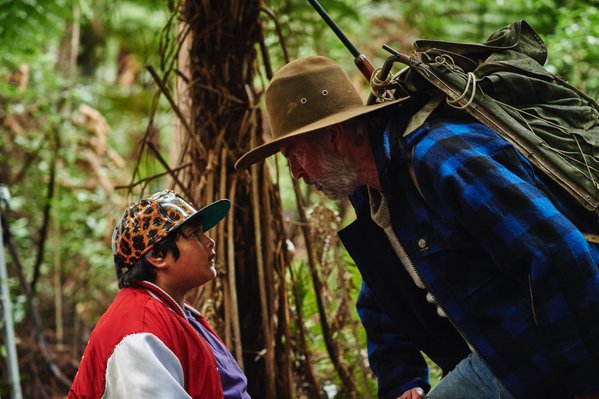
This remake of alexander Mackendrick’s Ealing classic Whisky Galore! (1949) has been in development since the early 2000’s. Every so often the producers would attempt to drum up publicity in the press and people would wonder why bother remaking one of the great Scottish films? Production was shelved a decade ago due to a problem with funding and arguments over casting. Now that the film has finally been made it turns out to be a modest success. Peter McDougall’s screenplay is wryly funny and captures the spirit of Compton Mackenzie’s novel, while Gregor Fisher gives a warm-hearted performance as the wily postmaster Macroon.
The story remains much the same save for the addition of a sub-plot about important documents relating to the royal family which would have got the original filmmakers done for treason. On the isolated Isle of Todday wartime rationing has restricted the availability of whisky. Much to the consternation of the Islanders they’ve drank their fill and the island is now dry. While Macroon is one of the most respected men on the island, he’s not known for his joviality. A widower with two daughters, both of whom are keen to marry and may well leave for the mainland. The last thing he needs is a period of sobriety.
When the SS Cabinet Minister runs aground carrying a cargo of whisky meant for the United States the locals mobilise although not before the local Kirk minister (James Cosmo) makes them observe the longest Sabbath of their lives. Technically taking anything from the ship is theft so hapless Home Guardsman Captain Wagget (Eddie Izzard) chases them all over the island trying to find proof of their subterfuge.
Bill Forsyth’s Local Hero (1983) and the TV series Hamish Macbeth (1994) did more with this kind of material and like the original Whisky Galore! tell us a great deal about the time when they were made. Mackinnon’s film is a nostalgic period piece, but not without charm. What’s missing is any sense of there being something to lose for these people. Izzard is too buffoonish to pose any real threat while Basil Radford in the 49’ version seemed like the sort of ‘decent’ person who would ruin people’s lives over the most trivial of matters. It’ll pass a Sunday afternoon quite nicely though and older viewers might enjoy hearing Gregor Fisher reprising his Hebridean news anchor accent from his Naked Video (1986-91) days.





